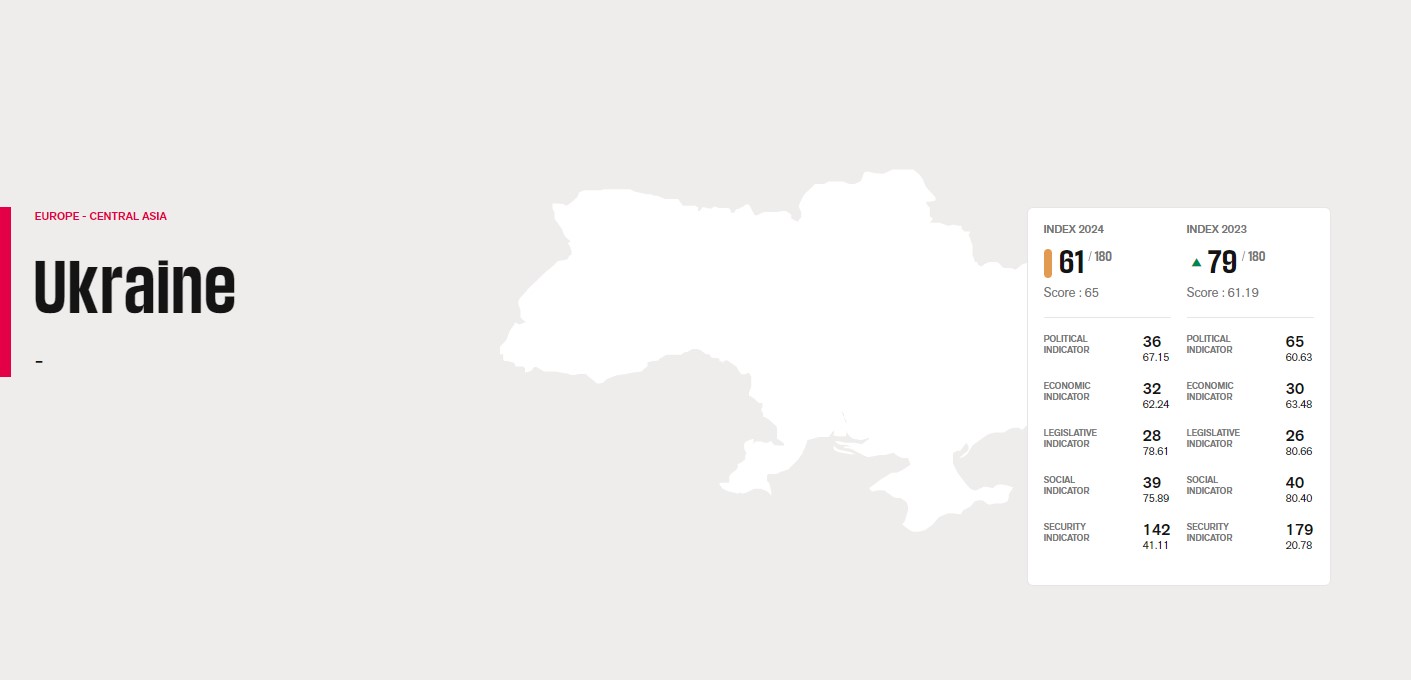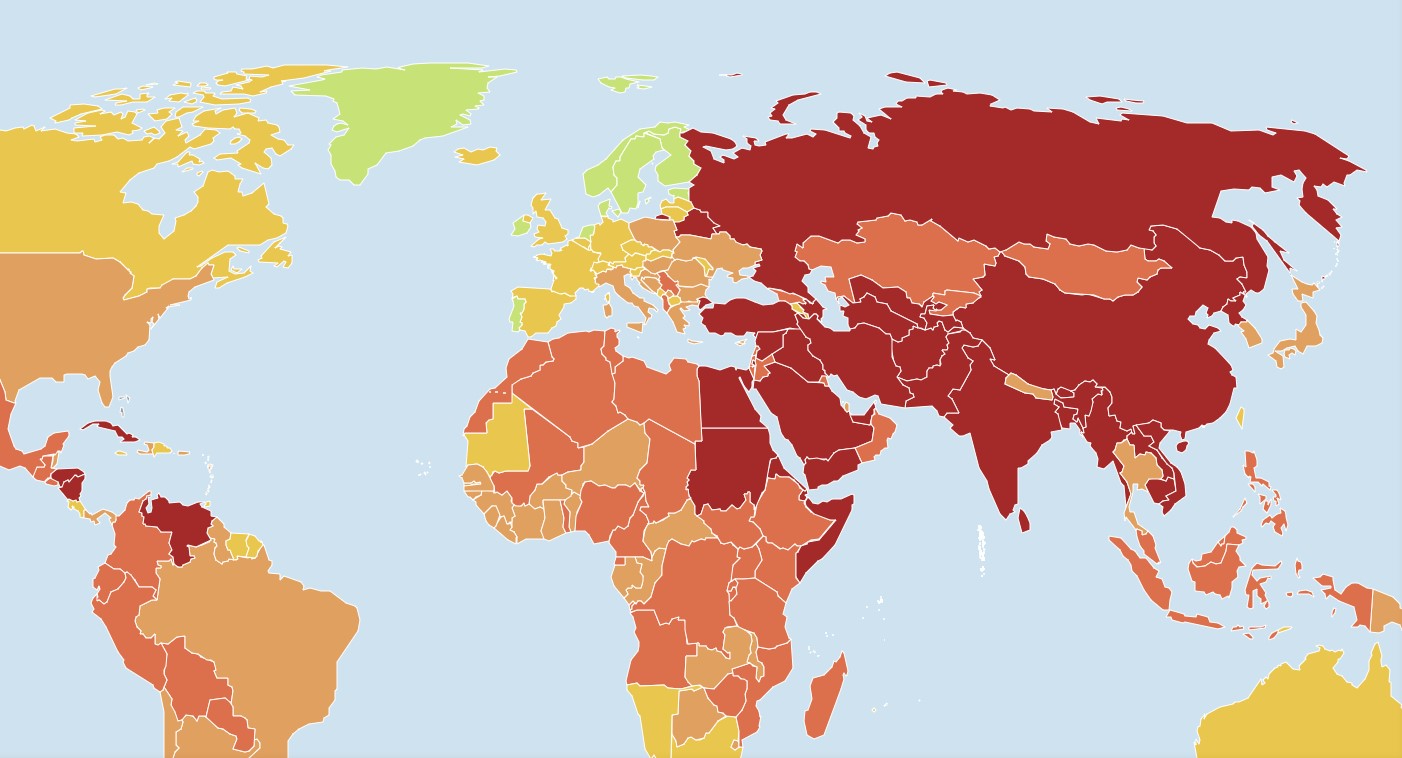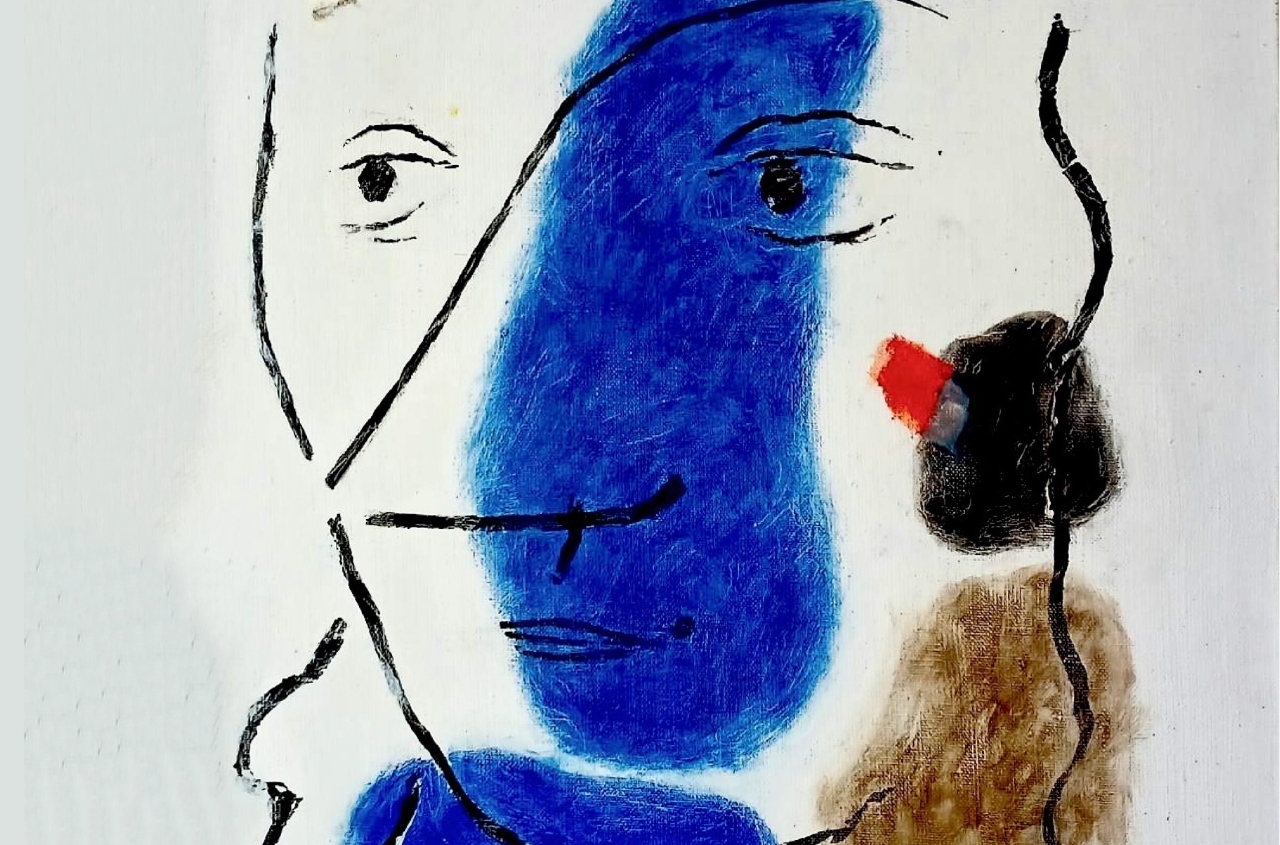Ukraine has improved its position in this year's Press Freedom Index, rising by 18 places from 79th to 61st.
The Press Freedom Index for 2024 was released by the organization Reporters Without Borders (RSF).
The top leaders in the global ranking are Norway, Denmark, Sweden, the Netherlands, Finland, Estonia, Portugal, and Ireland. These are the only countries in the world that have demonstrated "good" indicators of press freedom this year. Lithuania was also part of this list last year.
Press freedom is being tested in Hungary, Malta, and Greece - three EU countries with the lowest rankings. They ranked 67th, 73rd, and 88th, respectively, in the global ranking.
The situation is considered "satisfactory" in 33 countries, mostly in Western and Central Europe, including Lithuania and Latvia (12th and 13th place, respectively), Canada, Australia, Taiwan, South Africa, as well as Moldova (31st place) and others.
RSF rated the situation as "problematic" in 50 countries, including Italy and Poland (46th and 47th place), the United States (55th place), Romania and Hungary (49th and 67th place). Ukraine also fell into this category, ranking 61st.
Additionally, the situation is deemed "difficult" in 49 countries. Among European countries, only Serbia, Albania, and Georgia are included in this category (98th, 99th, and 103rd place, respectively).

About Ukraine
Reporters Without Borders noted improvements in safety indicators – a decrease in the number of journalist fatalities, and a political indicator for Ukraine.
RSF stated that the Ukrainian media landscape is diverse but remains partially under the control of oligarchs who own the majority of national television channels.
"The state has also become a central media actor since the Russian invasion in February 2022. The media sector is bearing the brunt of the impact of the Russian invasion, disrupting the work of newsrooms and even jeopardising their economic survival," the report said.
RSF noted that the war has fundamentally changed the work of Ukrainian journalists and the stories they cover.
"The Russian attacks taking place throughout the country have turned them all into war reporters. The Ukrainian media, however, continue to cover social issues and to play an essential role in exposing corruption within the country’s elite, despite being under pressure," the organization stated.
Meanwhile, human rights defenders claim that gender inequality in the media remains a problem, "especially when it comes to the ability to express opinions on certain topics – a problem that has intensified since the Russian invasion."
The organization stated that the war initiated by Russia on February 24, 2022, threatens the survival of Ukrainian media because Ukraine is "at the forefront of resisting the expansion of the Kremlin propaganda system" in this "information war."
"Since the Russian invasion in February 2022, journalists’s safety has been threatened more than ever. They are sometimes deliberately targeted by military fire despite displaying their “Press” identification, and the list of reporters injured or killed and media outlets badly damaged by airstrikes has continued to rise. Before the war, journalists were sometimes the targets of physical violence, mainly during protests. Finally, cyberattacks, breaches of the confidentiality of sources and restriction on access to information are also matters of concern," the statement said.





















